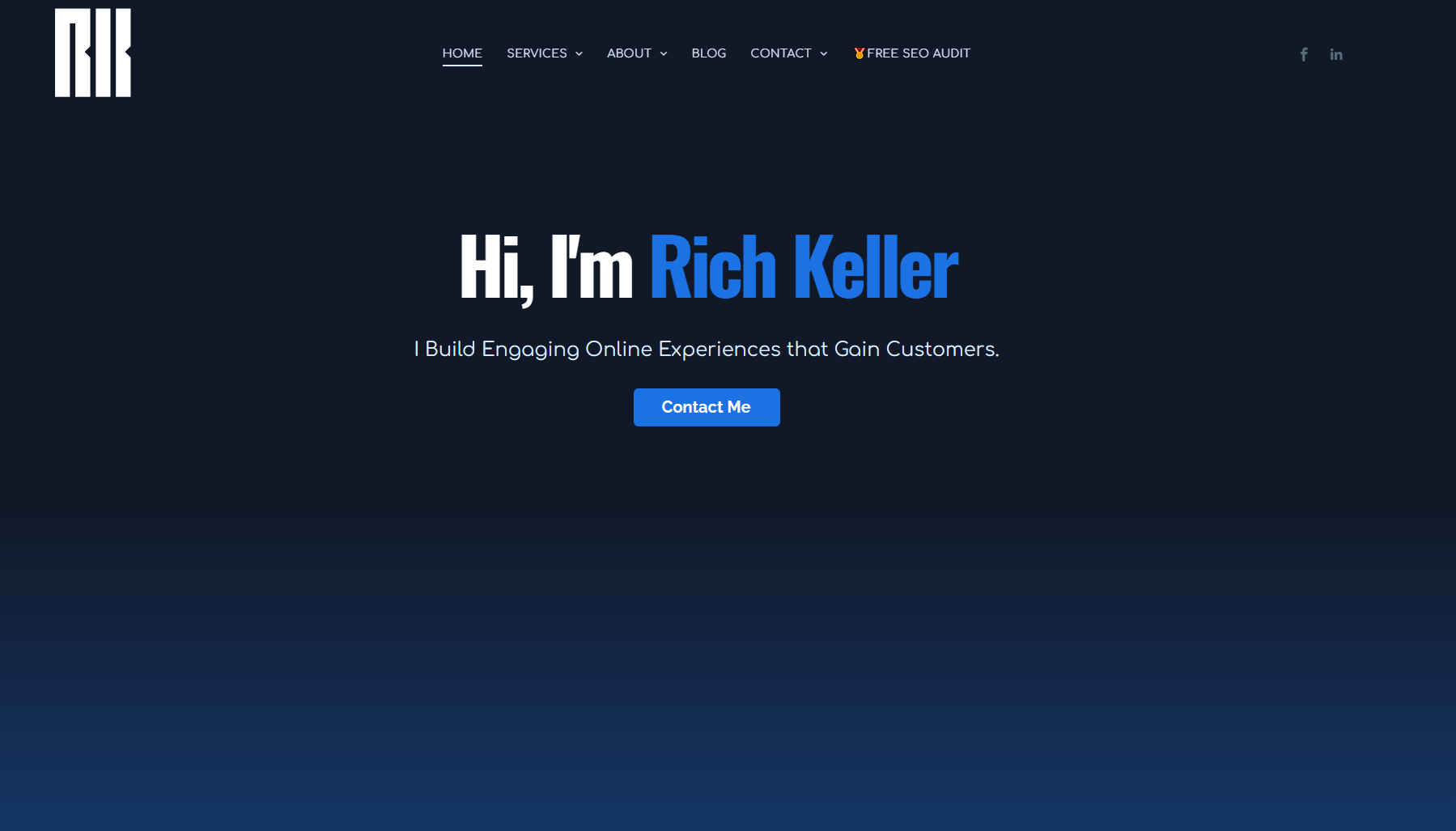There once was a webmaster that knew
Trending keywords were crucial to breakthrough
They optimized with care
And soon they did fare
Much better in Google search, it's true!

As an online business owner or website operator, you're always looking for ways to increase traffic to your website and boost your search engine rankings. One way to do this is by capitalizing on trending keywords - words or phrases currently popular or in high demand among internet users.
Optimizing your website content around these keywords can improve your chances of getting discovered by potential customers and drive more traffic to your site.
TL;DR:
- Trending keywords help increase website traffic.
- Stay up-to-date on the latest trends.
- Optimize your website content
- Build backlinks.
- Monitor your results.
- Use long-tail keywords.
- Leverage seasonal and holiday trends.
- Stay ahead of the curve.
- Create high-quality valuable content.
- Use long-term perspective.
- Remember to keep your patience and sense of humour along the way
Here are some tips for how to do it:
✅ Keep an eye on the latest trends.
The first step to capitalizing on trending keywords is to know what they are. To do this, you'll need to stay up-to-date on the latest news and pop culture trends and industry-specific keywords relevant to your business. Use tools like Google Trends, Twitter, and Facebook to see what people are talking about and what keywords are currently popular.
You can also use keyword research tools like Ahrefs, SEMrush, or Moz to see which keywords drive traffic to your competitors' websites. This will give you an idea of what's currently in demand in your industry and what keywords you should target.
✅ Choose the right keywords.
Once you've identified some trending keywords, you must choose the right ones to target on your website. This means finding keywords relevant to your business with a high search volume. You want to save time optimizing your content for keywords that no one is searching for or irrelevant to your business.
Use a keyword research tool to determine each keyword's search volume and competition level. You should also consider the intent behind the keyword - is it a transactional keyword (indicating a purchase intent), an informational keyword (indicating a desire for knowledge), or a navigational keyword (indicating a desire to find a specific website)? Understanding the intent behind the keyword can help you optimize your content to meet the user's needs.
✅ Optimize your website content.
Once you've chosen your keywords, it's time to optimize your website content around them. This includes your website copy, blog posts, product descriptions, and metadata (title tags and meta descriptions).
Make sure to include the keyword in the title tag of each page, as well as in the H1 tag (the main heading) and the body of the page. However, be careful to use the keyword sparingly - this is known as keyword stuffing and can harm your search engine rankings.
It would help if you also aimed to create high-quality, engaging content that meets the user's needs and provides value. This means writing in a natural, conversational tone and avoiding keyword-heavy copy that feels forced or awkward.
✅ Build backlinks.
Backlinks - links from other websites that point to your site - are essential in determining your search engine rankings. One way to build backlinks is by creating high-quality content that other websites will want to link to. This can include blog posts, infographics, and other content forms that provide the user value.
You can also reach out to other websites in your industry and ask for a link back to your site. However, be careful not to engage in spammy link-building practices, such as buying links or using link farms. These practices can harm your search engine rankings and can even lead to your website being penalized.
✅ Monitor your results.
Finally, monitoring your results and adjusting your strategy as needed is important. Use tools like Google Analytics and Google Search Console to track your website traffic, search engine rankings, and click-through rates for each keyword.
If you do not see the results you want, consider revising your content or targeting different keywords. You can also explore paid advertising options, such as Google Ads or social media advertising, to promote your website further and target specific keywords.
✅ Remembering trends and keywords can change quickly is important, so be prepared to adapt and adjust your strategy as needed. Keep an eye on the latest news and pop culture trends, and continue to research and analyze your website's performance to stay ahead of the curve.
Capitalizing on trending keywords can be an effective way to increase traffic to your website and improve your search engine rankings. By staying up-to-date on the latest trends, choosing the right keywords, optimizing your website content, building backlinks, and monitoring your results, you can create a successful strategy for your website and attract more visitors and customers to your business. Remember to approach keyword optimization with a long-term perspective and focus on creating high-quality, valuable content that meets the needs of your target audience.
In addition to these general tips, some specific strategies can help you make the most of trending keywords on your website. Here are a few more tips to consider:
✅ Use long-tail keywords.
Long-tail keywords are phrases that contain three or more words and can be a powerful way to target specific niches and audiences. While long-tail keywords may have lower search volume than broad keywords, they can also be less competitive and easier to rank for. Using long-tail keywords in your content can reach more targeted, high-intent users who are more likely to convert into customers.
To find long-tail keywords, use a keyword research tool or look at the "related searches" section of Google's search results. You can also analyze your website's search query data to see what specific phrases users are searching for and incorporate those phrases into your content.
✅ Leverage seasonal and holiday trends.
Seasonal and holiday trends can be a great opportunity to attract more visitors to your website and boost your sales. By creating content and promotions that tie into specific holidays or events, you can tap into the excitement and enthusiasm of your target audience and drive more traffic to your site.
For example, suppose you sell Halloween costumes. In that case, you can optimize your website content around Halloween-related keywords and create blog posts that showcase your products and offer Halloween-themed tips and ideas. Similarly, if you sell Christmas gifts, you can create a gift guide featuring your products and targeting popular Christmas-related keywords.
✅ Stay ahead of the curve.
To capitalize on trending keywords, you need to stay ahead of the curve and anticipate what will be popular in the future. This requires a combination of creativity, research, and intuition. Pay attention to emerging trends in your industry, keep an eye on social media conversations and hashtags, and analyze your website's search query data to identify patterns and opportunities.
For example, if you run a fitness blog, you may notice a growing interest in low-impact workouts or meditation techniques. By creating content around these emerging trends and targeting related keywords, you can position yourself as a thought leader in your industry and attract a new audience of interested users.
Capitalizing on trending keywords requires research, strategy, and creativity. By staying up-to-date on the latest trends, choosing the right keywords, optimizing your website content, building backlinks, and monitoring your results, you can create a successful strategy for your website and attract more visitors and customers to your business. Remember to stay ahead of the curve and be willing to adapt and adjust your strategy as needed to stay competitive and relevant in your industry.
It's important to remember that while keyword optimization is a valuable strategy for increasing traffic to your website, it's not the only factor determining your website's success. Ultimately, the most important thing is to create high-quality, valuable content that meets the needs of your target audience and establishes your website as a trusted resource in your industry.









